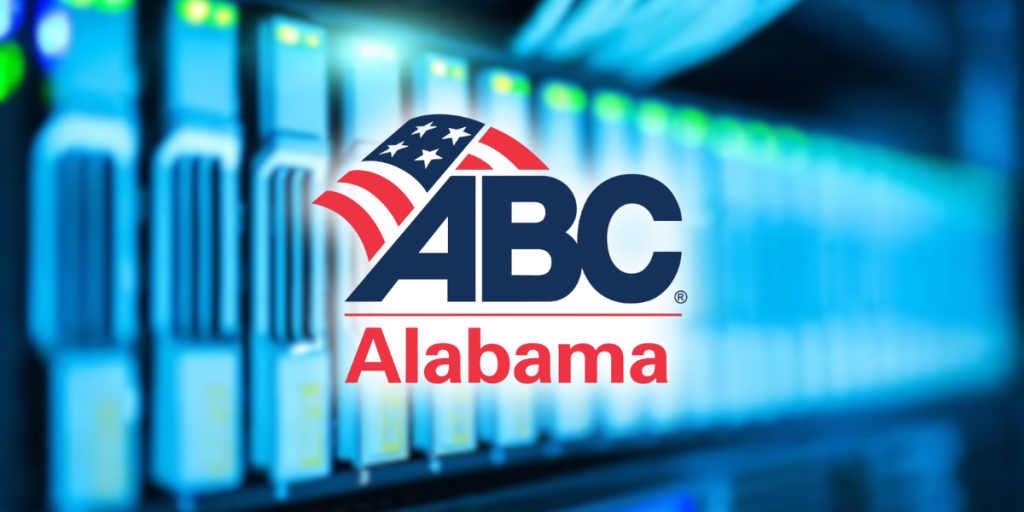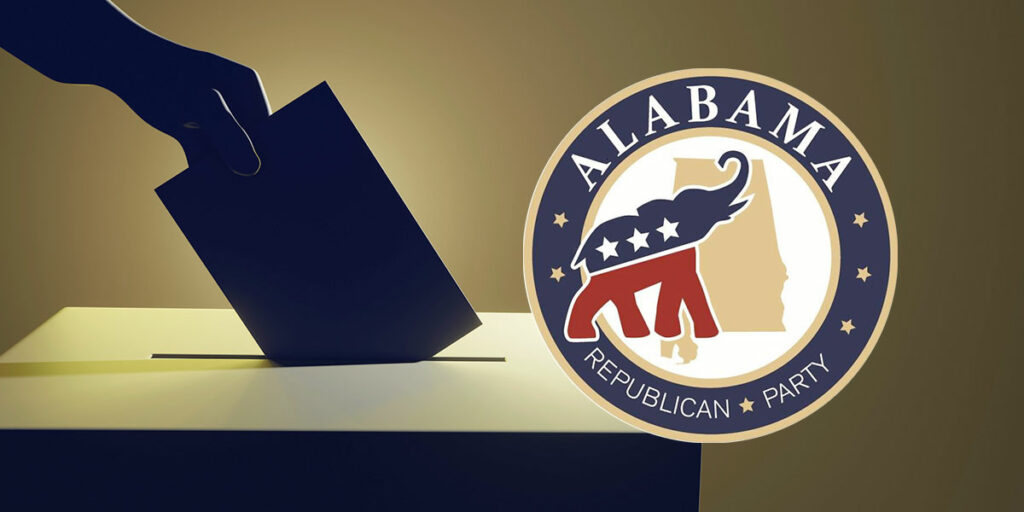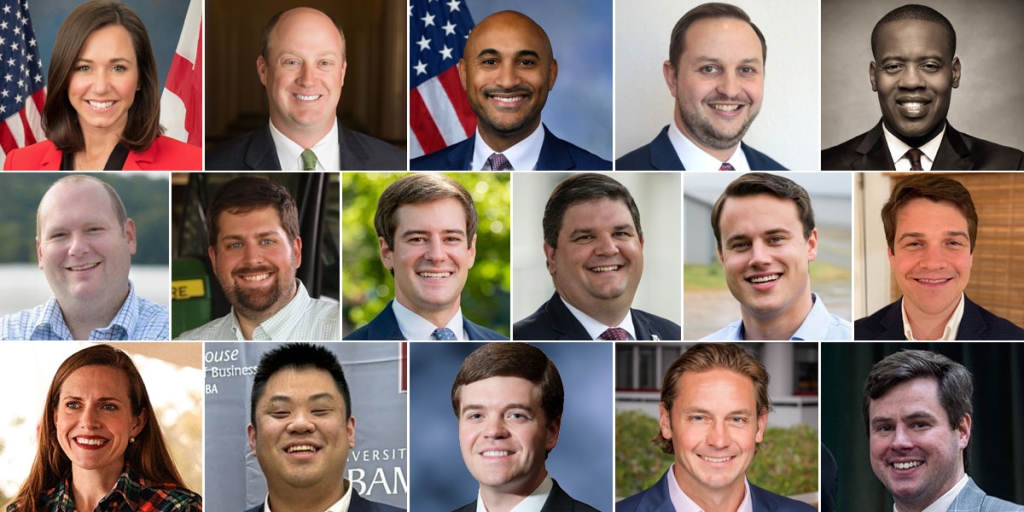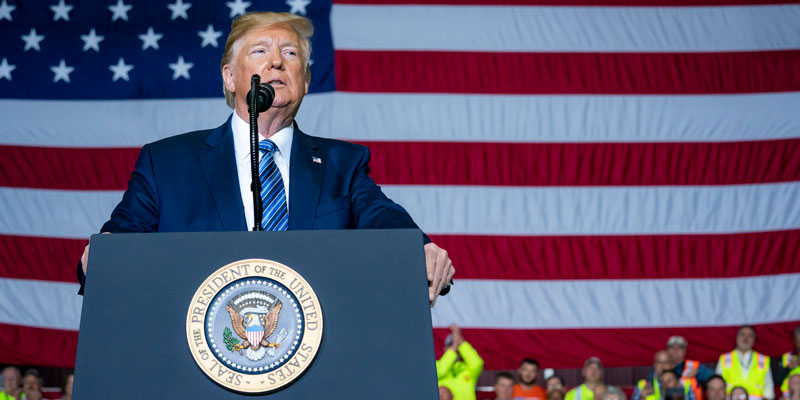Recently, I had the pleasure of attending a Coinbase-sponsored Town Hall at Prevail Coffee in Montgomery. It was an eye-opening event where industry experts, business owners, and policymakers discussed the future of cryptocurrencies and blockchain technologies.
One topic of discussion was how cryptocurrencies are changing the world and rewriting the rules on who can access financial markets.
Crypto owners come from a highly diverse set of financial backgrounds. You don’t need a stockbroker or financial advisor to access the crypto market. Nationally, 70% of crypto owners have an income of less than $100,000. In Alabama, a majority of crypto owners earn less than $75,000.
It is no secret that young people are extremely engaged and interested in cryptocurrencies and blockchain technologies. We know that 68% of crypto owners are either Millennials or members of Gen Z. They are the future of the American economy and will soon make up the core of the nation’s breadwinners. Their enthusiasm shows that crypto’s economic significance will only grow in the coming decades.
But the truth is that cryptocurrencies are not only our future, but also our present. Experts estimate that as many as 93 million Americans currently own one or more cryptocurrencies, which is more than the number of households that own a dog. In Alabama, we know that 18% of adults own cryptocurrency.
Millions of Americans have invested in cryptocurrencies, and crypto owners are demographically and politically diverse. For example, 48% of crypto owners come from non-white demographics; politically speaking, 18% of crypto owners are Republicans, 22% are Democrats, and 22% are independents. The demographic and political diversity of crypto owners makes this issue one of our nation’s most non-partisan issues.
Even the panel at the Coinbase event represented the bipartisan nature of crypto policy. Republican legislator Mike Shaw and Democratic legislator Phillip Ensler were clear that this is not about politics but policy. Policies that work for the people of Alabama.
At the national level, Coinbase and other industry leaders are supportive of regulatory clarity for the crypto industry. They have long asked Congress to provide rules of the road to better protect consumers and allow industry innovation.
Proper regulations are vital because there is an international competition to be the world’s hotspot for blockchain innovation, and the United States must remain at the forefront of this industry. Our history has been defined by leading technological advancements and innovation such as space travel, the internet, and the iPhone – just to name a few.
As Americans and Alabamians, we must seize this moment. Our leaders must be forward-thinking, and they should work in a bipartisan way to ensure that America is the world’s hub of blockchain innovation and growth.
Andrew Sorrell is the State Auditor of Alabama and a former member of the Alabama House of Representatives.













